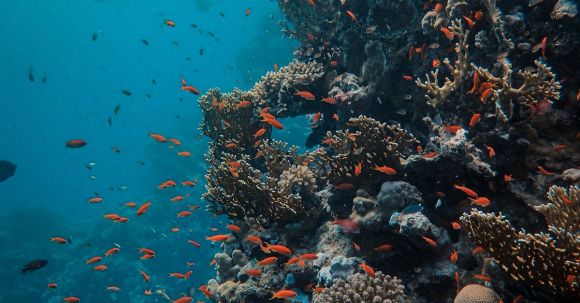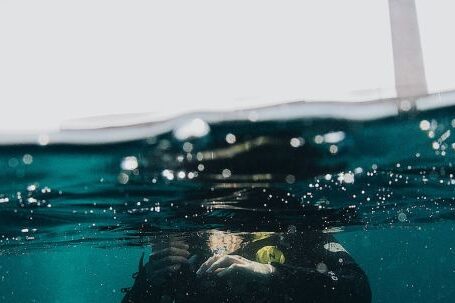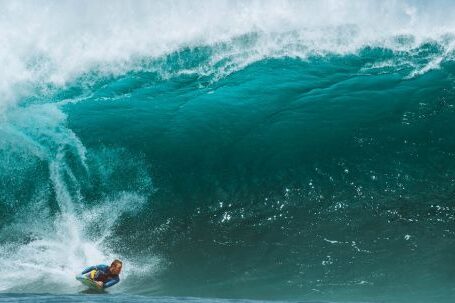Reef sharks are fascinating creatures that play a crucial role in maintaining the health and balance of coral reef ecosystems. Despite their reputation as fierce predators, swimming with reef sharks can be a thrilling and educational experience. In this article, we will delve into their behavior and explore the important role they play in the ecosystem.
Reef Shark Behavior
Reef sharks are known for their sleek bodies and powerful swimming abilities. They are highly adapted hunters, capable of reaching impressive speeds as they chase down their prey. These sharks have a keen sense of smell and can detect even the faintest scent of blood from miles away. Their sharp teeth and strong jaws allow them to capture and consume a wide variety of prey, ranging from small fish to crustaceans.
Unlike some other shark species, reef sharks are not considered aggressive towards humans. They are generally shy and prefer to avoid confrontation. However, it’s important to remember that they are still wild animals and should be treated with respect. When swimming with reef sharks, it’s best to maintain a respectful distance and avoid any sudden movements that may startle them.
Role in the Ecosystem
Reef sharks are apex predators, meaning they sit at the top of the food chain in their ecosystem. As such, they play a critical role in maintaining the balance and health of coral reefs. By keeping populations of herbivorous fish in check, reef sharks prevent overgrazing of the reef by these species. This, in turn, allows the coral to thrive and provides a habitat for a multitude of other marine organisms.
Furthermore, the presence of reef sharks can also have cascading effects on the behavior and distribution of other species. For example, the fear of predation by sharks can cause certain fish species to alter their foraging patterns or seek refuge in different areas of the reef. These changes in behavior can have far-reaching implications for the overall functioning of the ecosystem.
Conservation Concerns
Unfortunately, reef sharks are facing numerous threats that have led to declines in their populations worldwide. Overfishing, particularly for their fins, is one of the primary drivers of their decline. The demand for shark fin soup in some Asian countries has resulted in the unsustainable hunting of these magnificent creatures.
Additionally, habitat destruction and climate change also pose significant challenges to the survival of reef sharks. Rising water temperatures and ocean acidification can negatively impact coral reefs, which are essential habitats for these sharks. It is crucial that we take immediate action to protect these ecosystems and ensure the survival of reef sharks and other marine species.
Swimming with Reef Sharks: A Unique Experience
Swimming with reef sharks offers a unique opportunity to observe these creatures up close and learn more about their behavior and importance in the ecosystem. Many dive operators now offer eco-friendly shark encounters that prioritize the safety and well-being of both sharks and humans. These experiences provide a chance to dispel misconceptions about sharks and foster a deeper appreciation for their role in the marine environment.
In conclusion, reef sharks are remarkable creatures that play a vital role in the health and balance of coral reef ecosystems. By understanding their behavior and the threats they face, we can work towards their conservation and ensure their survival for future generations. Swimming with these majestic animals can be an eye-opening and educational experience that helps promote awareness and appreciation for the wonders of the underwater world.





